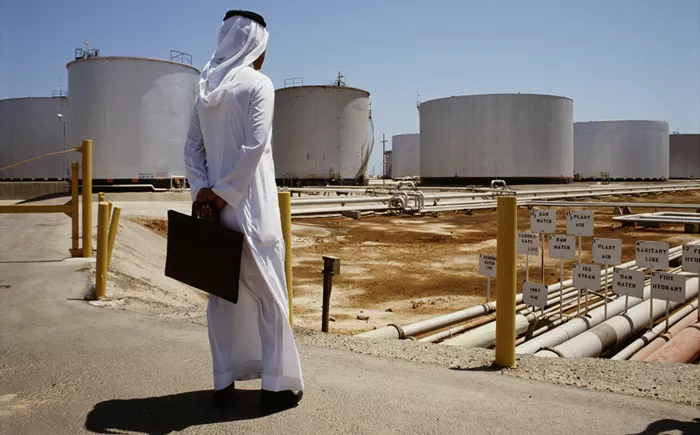Saudi Arabia is bracing for a “long and shallow” oil price war aimed in part at curbing the growth of US shale energy companies, according to Francisco Blanch, Bank of America’s head of commodities research.
Blanch emphasized that this conflict in oil markets is unlikely to be a brief, sharp price drop. Instead, Saudi Arabia appears committed to a sustained period of moderate price pressure designed to reshape the competitive landscape.
In April, Saudi Arabia led Opec+—the alliance of oil-producing nations including Russia—in reversing its previous strategy by increasing oil supply. This marked a significant shift for Riyadh, which for years had championed production cuts to support higher prices.
Saudi Energy Minister Abdulaziz bin Salman issued a stark warning to market speculators, stating they would be “ouching like hell” if they doubted Riyadh’s resolve to tighten supply and exert downward pressure on prices.
However, many analysts had long warned that Saudi Arabia’s prior approach was unsustainable. While the kingdom bore the burden of cutting production to stabilize prices, other Opec+ members enjoyed the benefits of higher revenues without equivalent sacrifices.
Saudi Arabia has also seen its market share in Asia slip to competitors such as Iran and Russia. “They’ve done this price support already by themselves for three-plus years,” Blanch noted. “They’re done with that.”
Meanwhile, the United Arab Emirates has negotiated higher production quotas and plans to ramp up output, preparing for an eventual peak in global energy demand.
Analysts also suggest Saudi Arabia’s April production increase serves as a message to Opec+ members like Iraq and Kazakhstan, who have been exceeding their allotted quotas. As one of the wealthier and more efficient producers in the group, Saudi Arabia can better withstand prolonged low prices than less financially robust members.
A key target of Riyadh’s strategy appears to be the United States, which has become energy independent due to a shale oil boom over the past 15 years. US oil and gas production reached record levels in December 2025, outside Opec’s influence.
To offset budget deficits caused by falling oil prices, Saudi Arabia has taken on historic levels of debt. The kingdom is also scaling back on major projects such as the futuristic Neom city and reducing spending on consulting firms involved in Crown Prince Mohammed bin Salman’s Vision 2030 economic reform plan.
The greatest risk for Saudi Arabia is a sharp price collapse reminiscent of the 2020 oil price war with Russia triggered by the coronavirus pandemic, which would severely impact its finances and economic ambitions.
For now, Riyadh appears ready to weather a prolonged, gradual price war as it seeks to reshape global oil markets and reinforce its long-term strategic position.


